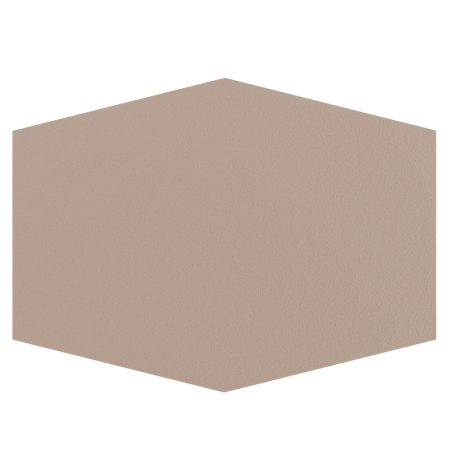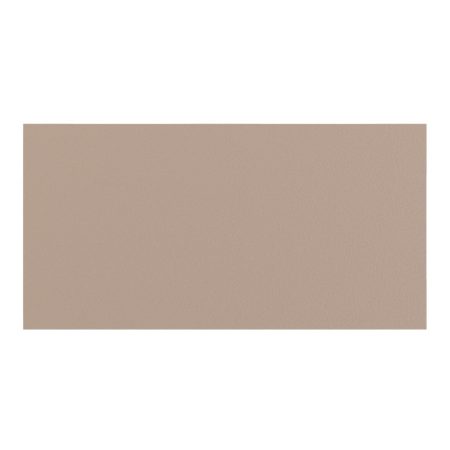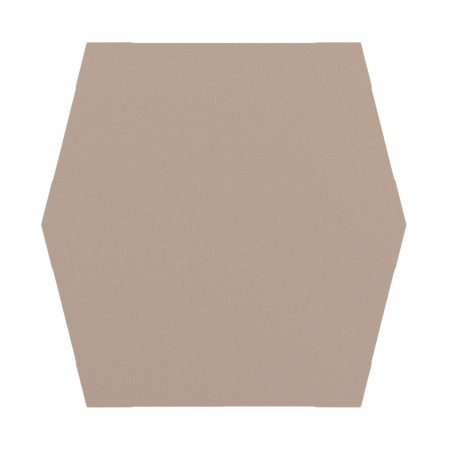What is Industrial Tiles?
Industrial tiles products are used to obtain hygienic and long-lasting floors in industrial plants. Especially in areas dominated by qualified health and hygiene processes such as the food industry, the industrial anti-acid tile flooring system has become a standard rather than a choice. The anti-acid tile product line provides a high durability level in mechanical, thermal, and chemical properties on floors exposed to chemicals.
Where Is Industrial Tiles Used?
Industrial tiles are being used in various industries below, mainly in the food industry;
- Meat and dairy facilities,
- Fisheries,
- Bakeries,
- Mass food production sites,
- Plant and animal fat production factories,
- Production facilities in the automotive sector,
- Car services and showrooms,
- Textile industry,
- In the chemical industry,
- Cosmetics industry,
- Shopping malls, supermarkets, and building markets,
- Hospitals, laboratories, pharmaceutical factories, pharmaceutical warehouses in the health sector,
- Bus terminals, underground stations, and airports in the transport sector,
- Power plants,
- Tourism industry etc.
It is used in antiacid hygienic floor applications with resistance to heavy loads and chemicals in many industries.
How To Apply Acid Proof Tile?
Acid proof porcelain tiles applications provide floors with non-slip properties, not affected by acids and chemicals. How should antacid tiles with high resistance to high amounts of weight that pressure the floor with high corrosion effect substances such as acid be applied to the floor? The answer is Vibroser’s vibratory system technique, which results from many years of R&D and project experience. The vibratory tile flooring technique has been developed to ensure anti-acid tile flooring floors’ longevity in industrial areas. In addition to this method’s high-quality standard, it is more cost-effective, reliable, and long-lasting compared to traditional flooring options. Besides, it saves project cost and time in terms of application practice and speed. After applying the vibratory system, a clean surface with a fully homogeneous finish is obtained.
What Is Vibratory Application Technique?
Vibratory application technique in industrial anti-acid porcelain tile flooring begins with removing the existing concrete floor from dirt. The concrete floor is cleaned from dirt, spilled sand, and waste by pressurized water washing machines. After cleaning the floor, the mortar is poured, where the anti-acid tiles will be combined with the floor. After the mortar is poured, the floor is improved to get a smooth floor. Thus, the floor, which is both flat and clean, is made suitable for the placement of anti-acid tile floor mortar. High-quality adhesives are applied to the fresh mortar. After applying high-quality adhesive, anti-acid tiles are assembled parallel to the rope and miter.
After the tile installation process, pre-compression is performed, ensuring no space between the floor and the tiles. This technique is called the vibratory compression technique because horizontal and vertical vibration movements are used during compression. After all these applications, it should be left for a while for the floor to become suitable for the application. In this process, the tiles are frozen by the mortar’s own heat, as the water absorption rate is zero. After the vibration process is completed and left for a while, a dust vacuum process is applied to clean the surfaces. Then, a liquid epoxy filling is applied to the joints.
What Are the Features of a Industrial Tiles?
Industrial tiles, a product of industrial hygiene decking, are pressed at 4600 tons of pressure and placed in an industrial furnace with heat of 1200 degrees. It is the most robust and durable material in the construction sector. The characteristics of industrial anti-acid porcelain tiles used in areas where high hygiene standards should be applied are as follows;
- Non-slip and wear-resistant thanks to the matte surface,
- Not affected by chemicals, oils, and acids,
- Resistant to high temperatures,
- Resistant to heavy substances and intensive use,
- Has higher strength compared to concrete floor covering materials,
- Does not produce bacteria and not hold dirt because of its density,
- Easy to clean and does not need routine maintenance,
- Does not change color because it is produced using natural materials,
- Long-lasting,
- Environmentally friendly.
Why Should Acid Proof Tile Be Preferred?
In industrial facilities and enterprises subject to hygiene rules, floor coverings are one of the most important details that must be carefully planned. The flooring application, following work safety rules, prevents work accidents that may occur due to flooring. Anti-slip floor applications are made by using anti-slip anti-acid tiles. Being antibacterial and produced from substances that do not allow bacteria growth is also one reason for being preferred.
It produces a high security integrated solution, with anti-acid tile flooring, for industries and production facilities. Industrial anti-acid porcelain tile flooring is quite easy to clean and maintenance-free. Custom-built anti-acid tiles prevent dirt from reaching the floor thanks to their anti-slip property and tight fixation with each other. In this way, the cleaning process becomes fast, practical, and easy.





